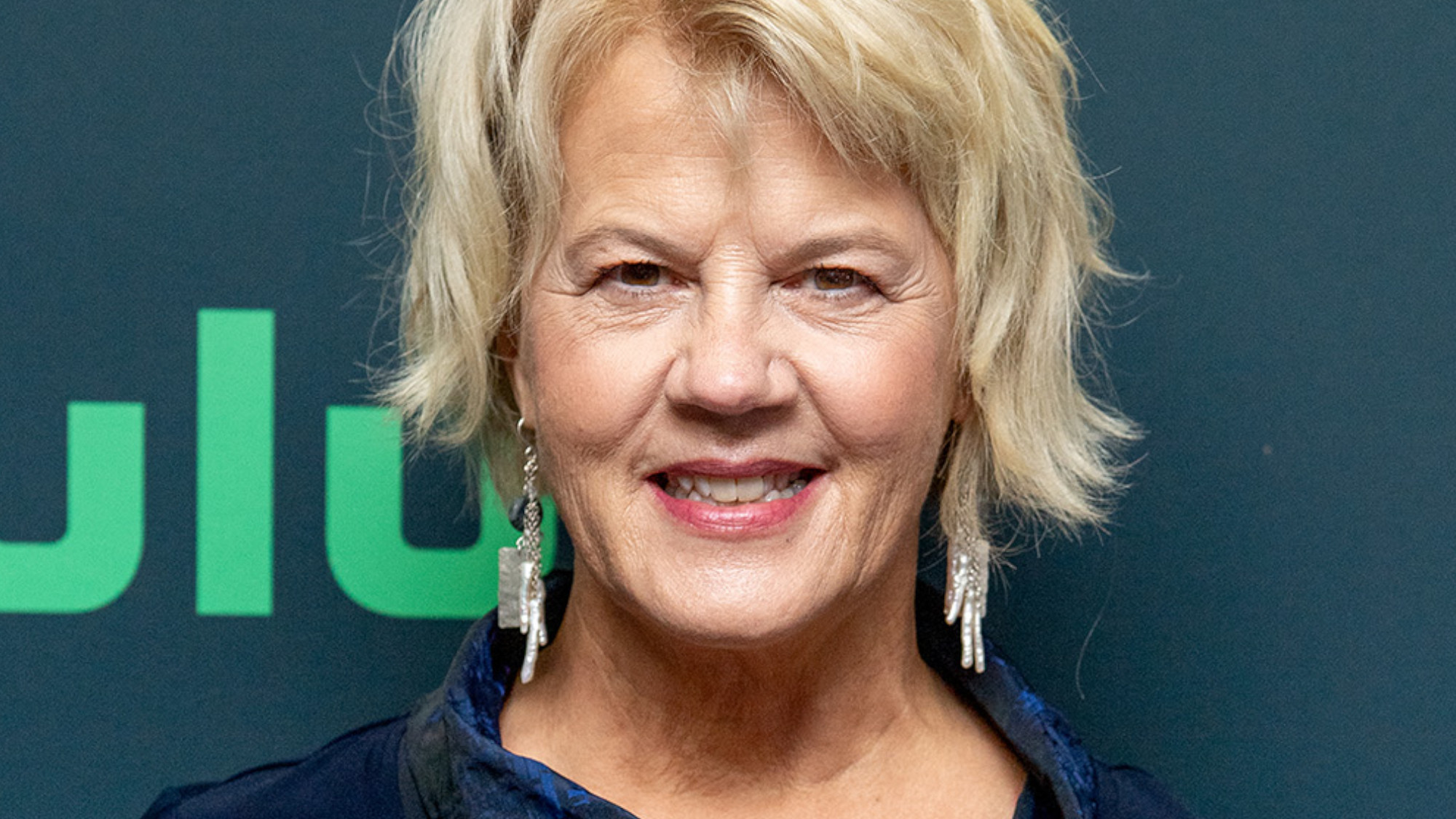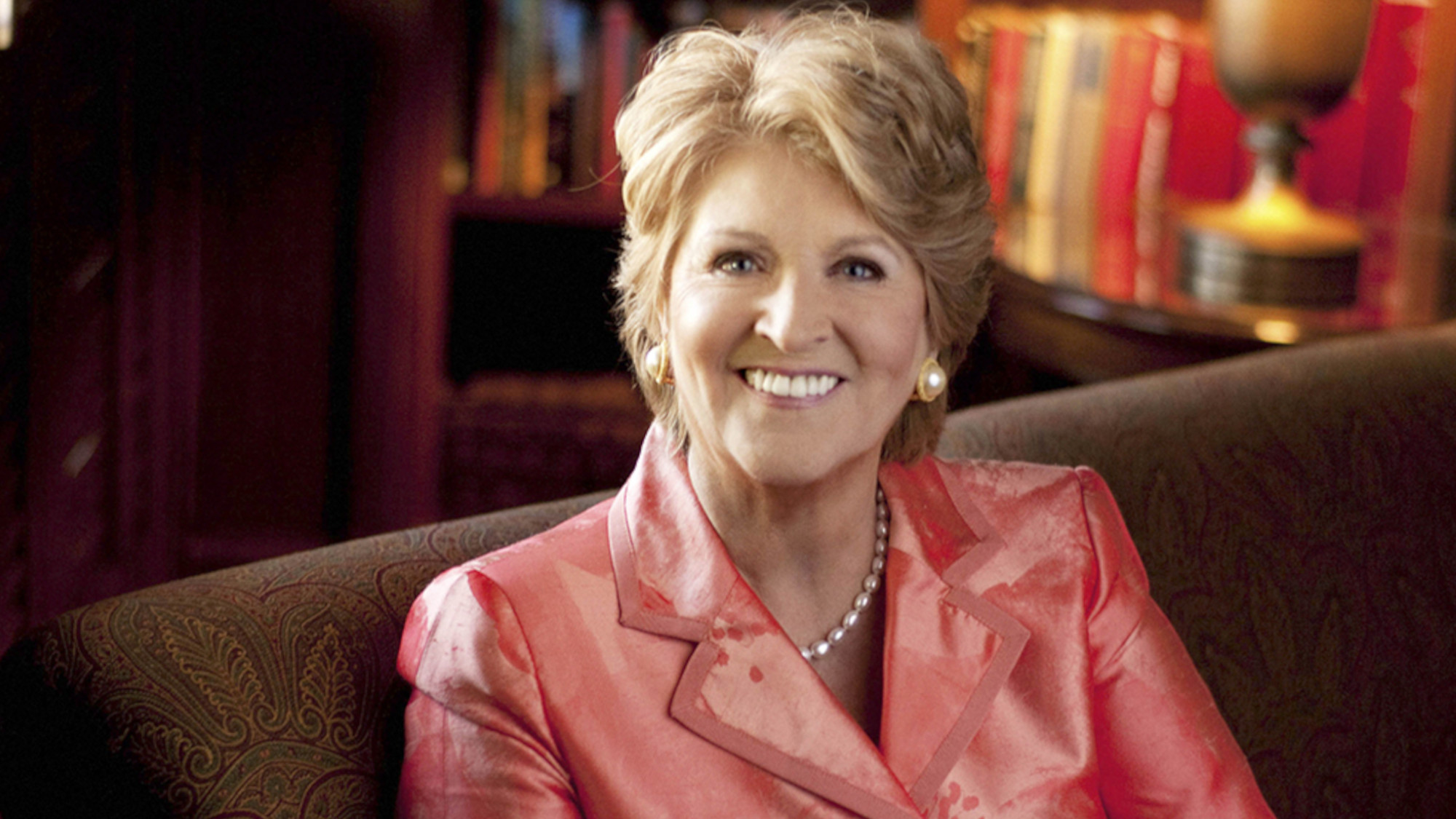Best books...chosen by Moisés Naím
Moisés Naím is the former editor of Foreign Policy and a scholar at the Carnegie Endowment for International Peace.
A free daily email with the biggest news stories of the day – and the best features from TheWeek.com
You are now subscribed
Your newsletter sign-up was successful
Columnist Moisés Naím is the former editor of Foreign Policy and a scholar at the Carnegie Endowment for International Peace. In his latest book, The End of Power, he highlights power’s erosion in every field, and the costs of not adapting.
The Structure of Scientific Revolutions by Thomas S. Kuhn (Univ. of Chicago, $15). Kuhn argued that science does not always progress through the gradual accumulation of knowledge. Major revolutions periodically change everything we know about, say, physics or biology. While Kuhn’s 1962 book is about the field of science, it is also, implicitly, about any fundamental power shift among factions.
The March of Folly by Barbara W. Tuchman(Ballantine, $17). What do the Trojan War, Britain’s loss of the American colonies, and the Vietnam War have in common? Folly. Men pursuing policies contrary to their own interests because, as Tuchman writes, “the power to command frequently causes failure to think.”
The Week
Escape your echo chamber. Get the facts behind the news, plus analysis from multiple perspectives.

Sign up for The Week's Free Newsletters
From our morning news briefing to a weekly Good News Newsletter, get the best of The Week delivered directly to your inbox.
From our morning news briefing to a weekly Good News Newsletter, get the best of The Week delivered directly to your inbox.
The Advent of Netwar by John Arquilla and David F. Ronfeldt (RAND, $35). The book that anticipated how decentralized networks of nontraditional combatants would pose unprece-dented challenges to conventional armies. Traditional military thinking, its authors wrote in 1996, will “prove inadequate to cope with nonlinear, swarm-like information-age conflicts.”
The General in His Labyrinth by Gabriel García Márquez (Vintage, $16). Simón Bolívar knew power. When he died, at 47, he had liberated six nations and served as the head of state of five of them. Yet he died powerless, consumed by tuberculosis and abandoned by former allies. This masterful, fictionalized account of Bolívar’s drawn-out demise says as much about the human condition as it does about power’s fleeting nature—and the connection between the two.
Pathfinders by Felipe Fernández-Armesto (Norton, $22). One of the best books I’ve read on globalization. Through the gripping adventures of early explorers, historian Fernández-Armesto shows how across 5,000 years human groups “got back in touch,” copied each other’s lives and cultures, and “became more like each other again.”
Essence of Decision by Graham Allison (Pearson, $29). Assuming that decision makers behave in a rational way is often a mistake. Allison’s classic 1971 book about the Cuban missile crisis explains why, and shows what other forces shape decisions.
A free daily email with the biggest news stories of the day – and the best features from TheWeek.com
-
 The Olympic timekeepers keeping the Games on track
The Olympic timekeepers keeping the Games on trackUnder the Radar Swiss watchmaking giant Omega has been at the finish line of every Olympic Games for nearly 100 years
-
 Will increasing tensions with Iran boil over into war?
Will increasing tensions with Iran boil over into war?Today’s Big Question President Donald Trump has recently been threatening the country
-
 Corruption: The spy sheikh and the president
Corruption: The spy sheikh and the presidentFeature Trump is at the center of another scandal
-
 Beth Macy’s 6 favorite books about living in a divided nation
Beth Macy’s 6 favorite books about living in a divided nationFeature The journalist recommends works by Nicholas Buccola, Matthew Desmond, and more
-
 Gilbert King’s 6 favorite books about the search for justice
Gilbert King’s 6 favorite books about the search for justiceFeature The journalist recommends works by Bryan Stevenson, David Grann, and more
-
 Nathan Harris’ 6 favorite books that turn adventures into revelations
Nathan Harris’ 6 favorite books that turn adventures into revelationsFeature The author recommends works by Kazuo Ishiguro, Ian McGuire, and more
-
 Marisa Silver’s 6 favorite books that capture a lifetime
Marisa Silver’s 6 favorite books that capture a lifetimeFeature The author recommends works by John Williams, Ian McEwan, and more
-
 Lou Berney’s 6 favorite books with powerful storytelling
Lou Berney’s 6 favorite books with powerful storytellingFeature The award-winning author recommends works by Dorothy B. Hughes, James McBride, and more
-
 Elizabeth Gilbert’s favorite books about women overcoming difficulties
Elizabeth Gilbert’s favorite books about women overcoming difficultiesFeature The author recommends works by Tove Jansson, Lauren Groff, and more
-
 Fannie Flagg’s 6 favorite books that sparked her imagination
Fannie Flagg’s 6 favorite books that sparked her imaginationFeature The author recommends works by Johanna Spyri, John Steinbeck, and more
-
 Jessica Francis Kane's 6 favorite books that prove less is more
Jessica Francis Kane's 6 favorite books that prove less is moreFeature The author recommends works by Penelope Fitzgerald, Marie-Helene Bertino, and more